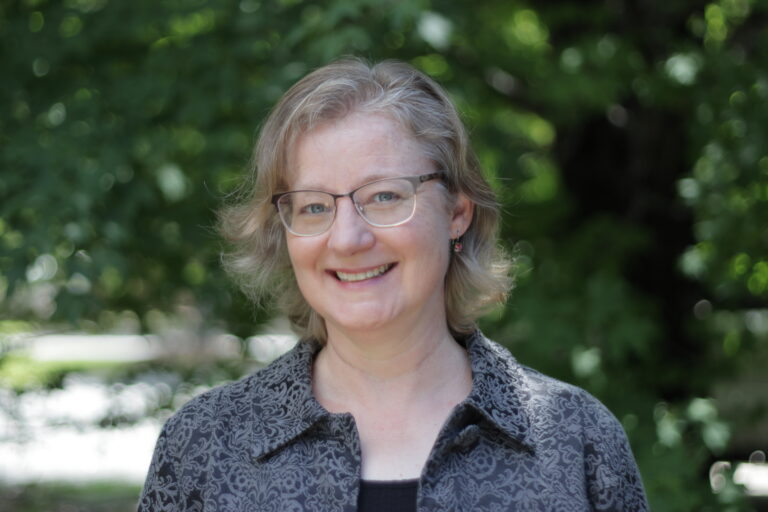There’s been growing publicity about using genetic screening of embryos as a way to avoid serious genetic conditions. For families who have suffered with devastating inherited diseases, it’s understandable that parents would want to find a way to spare their children that plight. So what’s wrong with using embryo screening?
Embryo screening is already here.
In vitro fertilization centers are already offering genetic screening as an add-on service, so this technology is not merely hypothetical. Here’s how it works:
- Eggs and sperm are harvested from whoever the biological parents will be.
- Conception takes place in vitro (in the lab, not the mother’s body), as for all IVF.
- The newly conceived embryos are allowed to grow for several days.
- A sample cell or cells from each embryo are removed and analyzed.
- Embryos which show undesired genes (or lack desired genes) are discarded.
- The remaining embryos continue to mature until they are ready for implantation.
There are various technical choices concerning how many days old the embryos are at the time of testing, what cells are biopsied for study, and what screening technologies are used to look for which genes. Wikipedia gives a deeper dive if you’d like to get more scientific detail.
Problem #1: An embryo is a human being.
Conception occurs when the father’s sperm cell fertilizes the mother’s egg. Biologically, this is the one single transitional moment from “just a cell” to “new human being.” This is why fertility centers sometimes offer “your baby’s first photo” and it’s a picture of your baby as an embryo.
There is no other point in human development when we can say that previously there was no human being, and now there is one. Here’s an overview from the American College of Pediatricians on this aspect of the science.
Now an embryo is tiny and vulnerable. If this were a naturally-conceived pregnancy, at the stage the embryos are being selected you probably wouldn’t get a positive home pregnancy test, so you wouldn’t know for certain your baby was already there, growing inside you. If you miscarried at this stage, you’d most likely think you were having just a normal period.
So it’s very easy to just not be fully aware that these embryos being screened in the lab are your actual, already-conceived children. For many people, it’s hard to have a strong emotional connection to their newly-conceived child — especially one still living in the laboratory, instead of in your womb where you wish it could be.
But still, all those embryos going up for screening are, in fact, your children. Given the right opportunities, any one of them could grow up to be a full-term baby you get to hold in your arms.
Embryo selection doesn’t sort sperm and egg cells that could combine to create your new child. Embryo selection is picking through your children who have already been conceived. You are already a parent before the screening process ever begins.
Problem #2: All your children are worthy of life and love.
No parent wants their child to suffer. We are fortunate to live in a time when more and more genetic diseases can now be treated through technologies that treat the underlying mechanism for the disorder, in some cases giving what were once “death sentence” disease patients a normal, healthy lifespan.
Unfortunately, not all genetic diseases yet have those dramatic cures on offer.
There is no denying that living with such an illness or parenting a child with such in illness can be painful, exhausting, and overwhelming.
But the thing is: It’s still your child.
It’s still the little person God has put into your life to love sacrificially.
You don’t “fix” your child’s problem by getting rid of your child. Your child’s life isn’t made “better” by having no life at all.
All your children, the healthy ones and the sick ones, deserve to experience the comfort and joy of being held in your arms and loved by you, for however long their fragile life allows.
Problem #3: Your children deserve your unconditional love.
One of the devastating impacts of disease and disability is the fear of being a burden, of being no longer worthy, of being too much of a drag on the happiness of others.
For the surviving child or children of embryo screening, the message is clear: If you had been sick like your brothers and sisters were, we wouldn’t have kept you.
This puts tremendous pressure on the surviving child. It’s a frank realization that his or her worth as a human being was always conditioned on being “good enough”. But sooner or later, none of us are good enough.
Now I don’t think most parents struggling with infertility actually think of their children this way. I think that most parents using embryo screening are thinking: I can’t implant all these embryos, so I have to make a hard decision about who will have the best odds of survival.
The catch being that this horrible survival scenario isn’t a famine or a raging fire or some psychopathic Nazi tormenting an anguished family. It’s a situation of the parents’ own making.
You don’t have to conceive excess embryos, and you most certainly don’t have subject them to a screening process. Your children will grow up to know this. They may recognize your good intentions, but they will know for a fact that they were only allowed to live because they met certain conditions you placed on them.
This is not something you want to do.
What are you other options?
Couples struggling with infertility are in a difficult situation. Restorative reproductive medicine is the option to investigate, but that’s a different conversation.
Regardless of how your child is conceived, today’s central question is: How do I protect my child from suffering?
The answer is that we do all that we can to help our children live a good life, surrounded by love, regardless of the inevitable bad things that will sooner or later afflict us all.
This takes courage. It requires loving our kids with the love that says: I will give you all that I can, and I will seek out as much as help as I can, to get us through this as best I can, and I will be with you through it all.
Even if I can’t be there physically, or even if I can’t actually help you the way that I wish I could, I’m still there for you in any way I can be.
That’s what parenting is.
You don’t have to do this alone.
There are so many people out there living good, happy, full lives despite themselves or their child having a serious congenital disease. Here are three examples to get you started:
- My late, dear friend Emily DeArdo, who had cystic fibrosis, and wrote frequently about how people like her with genetic diseases deserve to live.
- Kelly Mantoan, mother of two sons with spinal muscular atrophy (SMA), who writes frankly about all the realities of life as a parent of children with serious, lifespan-limiting, progressive disabilities.
- Christina Chase, whose beautiful book It’s Good to Be Here is on my shortlist of must-read books for anyone struggling with purpose, meaning, and suffering.
And there are so, so many others. Life is difficult, but we don’t have to despair. There is goodness and worth and beauty in the life of every one of your children, no matter how fragile.

















